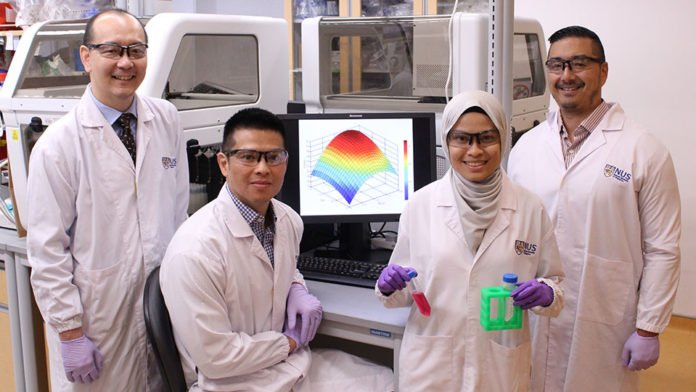Scientists at the National University of Singapore have developed an AI platform that could enable doctors to decide the best medication for a patient rapidly. The platform also becomes a blessing for myeloma patients as it establishes new effective drug combinations.
Current drug designing methods involve testing arbitrary combinations of commonly used drugs or incorporating new targeted therapies into established drug combinations. Moreover, Bortezomib-containing drug is mostly used drug for myeloma, but some patients inevitably become resistant to these drugs.
Now, this newly developed AI platform called Quadratic Phenotypic Optimisation Platform (QPOP) potentially speeds up drug combination design and to identify the most effective drug combinations targeted at individual patients using small experimental data sets. It takes small bone marrow sample from patients and then identifies the drug response that a set of drug combinations will have on the specific patient’s cancer cells.
From an underlying pool of 114 FDA-endorsed drugs, QPOP could recognize a progression of powerful medication combinations, including a totally novel and sudden combination that beat the standard of nurture backslid myeloma. The execution of the novel combination was approved against 13 persistent examples. QPOP was additionally used to tweak measurements proportions of the novel mix for ideal adequacy.
Using four other patient samples, the research team further demonstrated that QPOP was able to evaluate and rank the novel combination against the other two current clinically used drug combinations. The novel combination was found to be the most effective treatment option for two of the myeloma patient samples tested.
Dr Edward Kai-Hua Chow, Principal Investigator at the Cancer Science Institute of Singapore, NUS, who led the study, said, “QPOP revolutionizes the way in which drug combinations are designed and represents a key area in healthcare that can be transformed with AI. The efficiency of this platform in utilizing small experimental data sets enables the identification of optimal drug combinations in a timely and cost-efficient manner, which marks a big leap forward in the field of personalized medicine.”
According to scientists, the platform has open up door to improving patient access to personalized medicine. It can also significantly broaden the spectrum of effective treatments for patients.
The findings were published in Science Translational Medicine on 9 August 2018.
